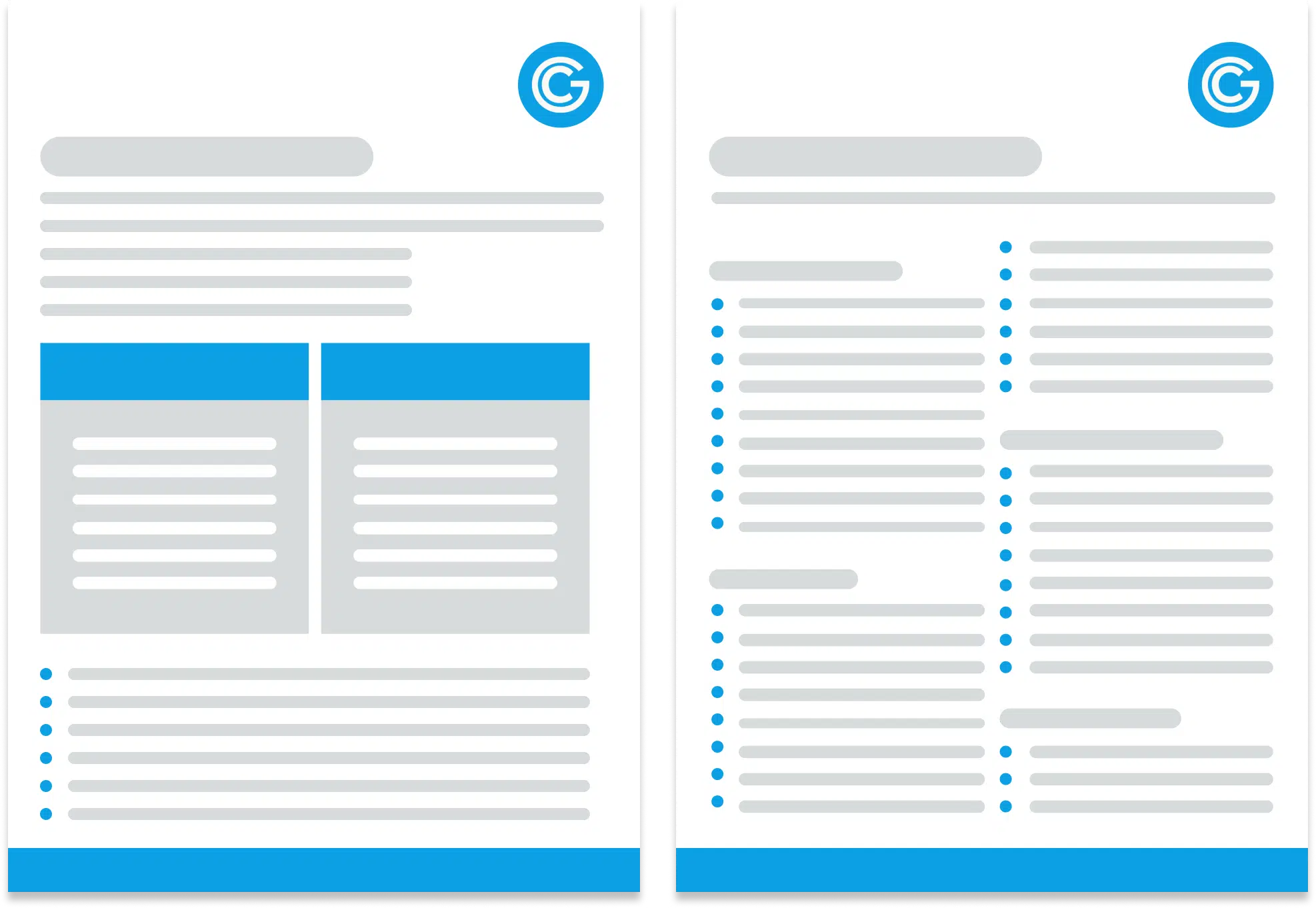
Evaluating Integrity compliance
Associated almost exclusively with multilateral development banks (MDBs), integrity compliance covers a range of misconduct issues beyond bribery and corruption, including fraud, theft, collusion, coercion and obstructive practices as defined by the Joint International Financial Institution (IFI) Anti-Corruption Task Force.
The World Bank Group and related multilateral financial institutions (MFIs) have strict integrity compliance and governance requirements which place obligations on any organisation in receipt of funds. The penalties for inadequacy are high including debarment, cross-debarment, repetitional damage, restricted access to finance and increased financing costs.
What we do
GoodCorporation’s evaluation of integrity compliance helps companies ensure that the right systems and processes in place to embed and maintain the required standards.

Managing integrity compliance
GoodCorporation’s Framework on Integrity Compliance can be used to help businesses manage their integrity compliance issues and demonstrate that robust systems are in place.
The four-page framework comprises a set of responsible business principles, which can be used as a tool to assess and improve the robustness of management practices in relation to the risks of misconduct (fraud, corruption, collusion, coercive practices) in an organisation.
It can be used to review head office policies or at site level, to evaluate the application of policies in operating units to help organisations assess whether adequate procedures to prevent bribery are in place.
Use of the framework will help organisations to:
- Demonstrate that they have measured and evaluated their compliance and integrity risks
- Have an appropriate integrity compliance action plan in place to mitigate risks
- Have a system in place that meets international requirements.

Additional integrity compliance support
In addition to the framework, we also provide practical assistance to help companies manage their
integrity compliance programmes. This includes:
Policy and procedure gap analysis
Recommending pragmatic improvements
Preparing detailed implementation plans
Support to the implementation programme

Key steps to implementing
effective integrity compliance
Implementing effective integrity compliance is a multifaceted process
involving all areas of the business. This will include:
how to ensure that senior management actively promote the organisation’s
zero-tolerance of bribery and corruption and other integrity misconduct.
how to ensure that anti-corruption and integrity policies are understood and properly embedded.
how to ensure that the nature and extent of the organisation’s exposure to all potential risks of bribery and other integrity misconduct is properly understood, regularly reviewed and effectively mitigated.
how to apply a proportionate and risk-based approach to due diligence to identify and mitigate any bribery risks from those providing services or operating on behalf of the organisation.
how to implement effective systems to monitor and review the adequacy
of anti-bribery and integrity procedures.



